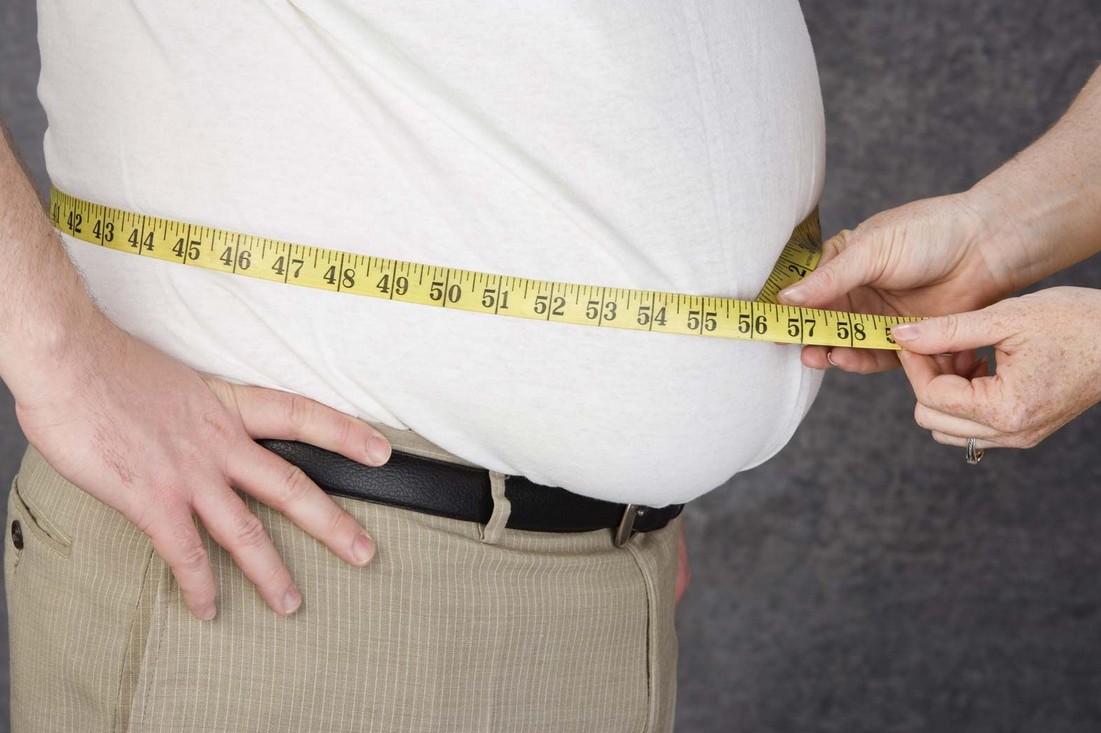There’s a moment that can sneak up on you — in a fitting room, a family photo, or catching your reflection in a window. A quiet realization: I’ve changed. My body has changed. And then, sometimes whispered, sometimes shouted in your mind: I wasn’t always fat. Why am I fat now?
It’s a deeply personal question. One that can carry shame, grief, frustration, or even anger — at yourself, at your circumstances, at a world that makes living in a bigger body harder than it should be. But behind the question isn’t just weight. It’s memory. It’s longing for how things used to feel, how life used to move. It’s a wish to understand something that doesn’t feel entirely in your control.
Because it usually isn’t.
Bodies shift — over years, over months, sometimes over weeks. Weight gain can happen slowly, so gradually you barely notice it. Or suddenly, after a life change, a loss, a diagnosis. Maybe it came after a breakup, a pregnancy, a pandemic, a new medication, a long winter of stress. Maybe it came after trauma. After surviving something that demanded all your energy and left little space for self-care.
And sometimes it just… happens. With age, with changing hormones, with a metabolism that isn’t what it used to be, no matter how hard you try to rewind the clock.
But here’s the part no one tells you: weight gain doesn’t always have a single cause. It’s rarely just about food. Or movement. Or willpower. It’s a web of factors — emotional, medical, environmental, genetic — overlapping in complex, invisible ways. And yet, the world likes to treat it like it’s simple math. Like your body is a problem that needs solving. Like you’re to blame.
You are not.
You are not lazy. You are not broken. You are not a before photo.
What you are — is human. Living in a culture that glorifies thinness, confuses weight with worth, and tells you that your body’s job is to stay frozen in time. But bodies are not meant to be static. They are living archives of everything you’ve been through. Every late night, every celebration, every heartbreak, every coping mechanism that kept you afloat.
So if you find yourself asking, Why am I fat now?, maybe the better question is: What have I been carrying? What has my body been holding for me? The weight might be physical, yes — but it might also be emotional. Or circumstantial. Or protective.
None of this means you can’t make changes if you want to. You absolutely can. For energy, for strength, for mental clarity, for comfort — for you. But not because your current body is a failure. Not because thinner means better. Not because of pressure or punishment or panic.
You don’t owe anyone an explanation for how your body looks — not even your past self.
So be gentle. Be curious. And if you’re ready to do something, let it come from a place of care, not shame. You’re not starting from zero. You’re starting from experience, resilience, and a deep knowing of what it means to live in this body, right now.
That’s not weakness. That’s wisdom.




